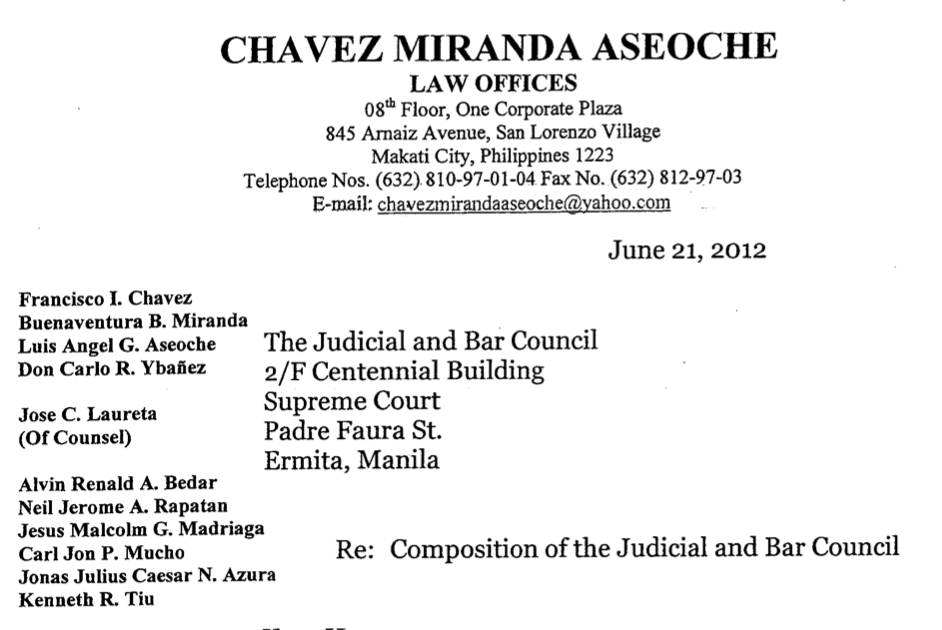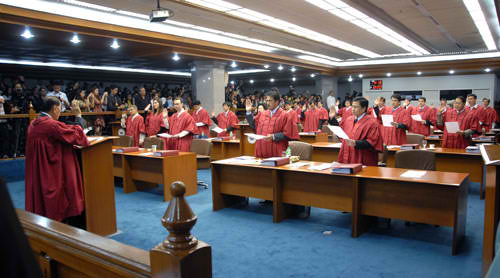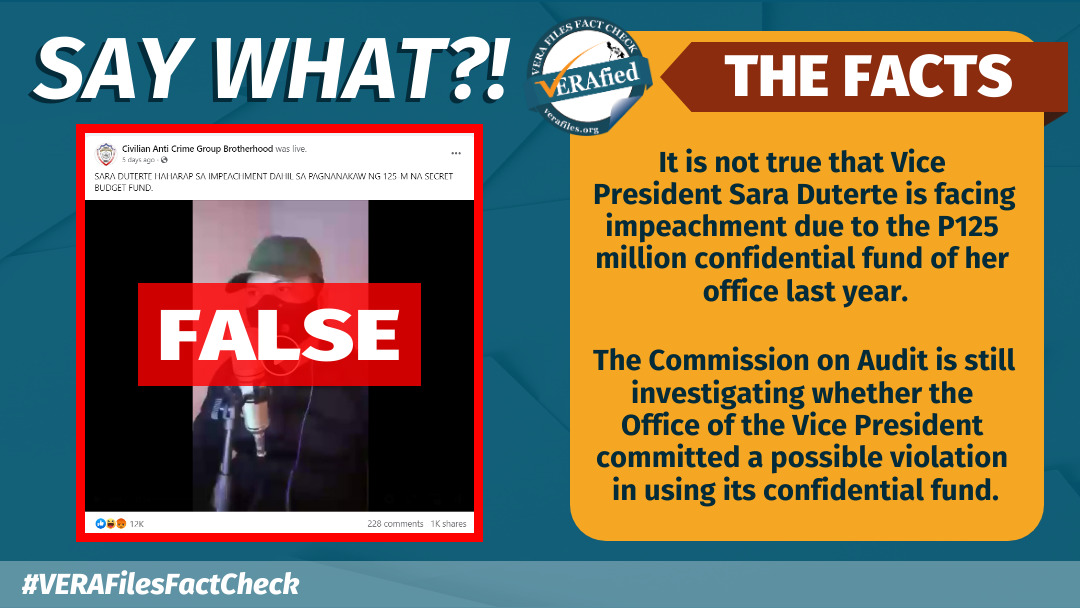
By LALA ORDENES
FORMER Solicitor General Frank Chavez, a nominee to the Chief Justice post vacated by impeached Chief Justice Renato Corona, sent a letter (see below) to the Judicial and Bar Council (JBC) Friday questioning the composition of the council that vets and approves nominees to judicial posts.
According to Chavez, there should only be seven members of the JBC as mandated by the Constitution. He questions the ongoing practice of the council of allowing the two members from both Houses of Congress to have one vote each. This violates the charter’s provision that guarantees “a representative of Congress” one vote, Chavez says.
The Constitution provides that the JBC is composed of seven members: three ex officio, or those who are members of the council because of the position they hold, and four regular, those appointed by the President and confirmed by the Commission on Appointments.
The ex officio members are the Chief Justice as ex officio chairman, the Secretary of Justice, and “a representative of Congress.”
The four regular members represent the Integrated Bar of the Philippines, the law schools, retired justices of the Supreme Court, and the private sector.
Chavez said in his letter that the phrase “a representative of Congress” is “all to clear” and does not require interpretation that “there should only be one representative from Congress.”
The current setup of having a senator and a member of the House of Representatives both sit and vote in the Council increased the membership of the JBC to eight. This is problematic, according to Chavez, because in cases where the Chief Justice as ex officio chairman casts his vote on an issue presented before the JBC, the eight-member body could be deadlocked and there would be no tiebreaker.
The JBC’s interpretation of the Constitutional provision on its membership has changed a number of times through the years. When the council was first convened and up until 1994, the representatives from both Houses of Congress sat alternately in the council and shared one vote. Then it changed to dual representation, meaning they sat concurrently on the council but were entitled to half a vote each. This practice was in place up to 2001, when the two members from the upper and lower house were given one vote each.
Chavez admits that his letter could “earn the ire or provoke adverse reaction” from the JBC. “It may in fact jeopardize and pare down my chances for inclusion in the final list,” he says. But clarifying the Constitutional provision is more important to him, he says, because he is not seeking the chief justice post anyway.
The former solicitor general was recommended to the chief justice post by Melchor Magdamo, the Comelec lawyer who bared the anomaly on the overpriced ballot secrecy folder in 2010, and Manuel Baviera, one of the organizers of the Whistleblowers’ Association of the Philippines.
Chavez is yet to accept his nomination.
The chief justice position was vacated on May 29 when the Senate, sitting as an impeachment court, found Corona guilty of culpable violation of the Constitution for his failure to declare all his assets in his Statement of Assets, Liabilities and Networth (SALN).
Frank Chavez’s June 21 letter to the Judicial and Bar Council


